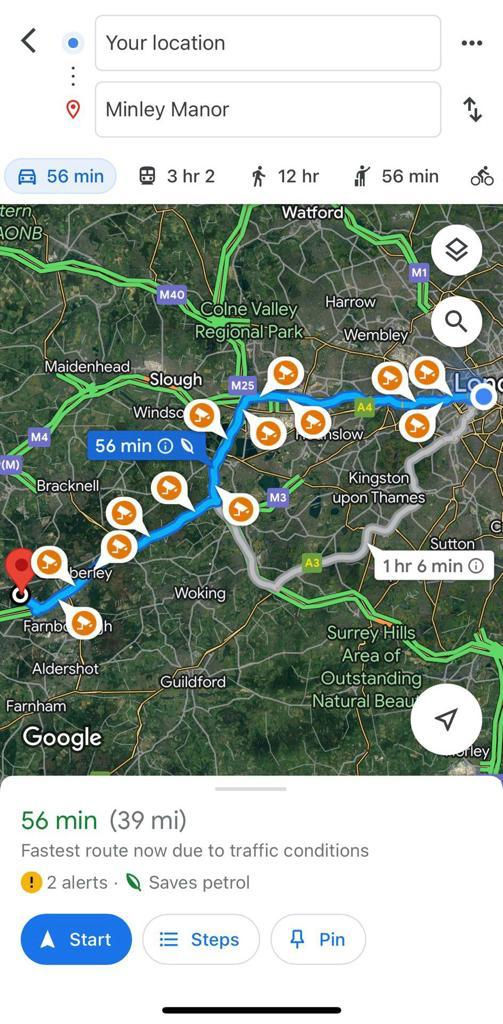Elevating Standards: The 84 Acres Charter and the Need for Proactive Daycare Licensing
- 84 Acres
- May 31, 2024
- 3 min read
In the realm of dog daycare, regulations are essential for ensuring the safety and well-being of our pets. However, current regulations often fall short. They are typically reactive, addressing issues only after they have arisen, rather than proactively setting high standards to prevent problems. This reactive approach is prevalent across many sectors, from road traffic safety to airport security, and it is equally problematic in the field of dog daycare licensing.
The Reactive Nature of Regulation
Regulations are often shaped by past events. For example, the stringent security measures we encounter at airports today were implemented in response to the tragic events of September 11, 2001. Before 9/11, airport security was relatively lax, and it took a catastrophic breach to highlight the vulnerabilities in the system. Only after such a tragic event did regulations evolve to include enhanced checks, advanced screening technologies, and rigorous passenger vetting.
Similarly, road traffic safety has historically been reactive. Many safety features and regulations that we now take for granted, such as seat belts, airbags, and speed limits, were introduced following numerous traffic accidents and fatalities. These measures, while crucial, were adopted only after the dangers had been tragically highlighted.
The 84 Acres Charter: A Proactive Approach
At 84 Acres, we believe that the safety, health, and happiness of dogs should never be compromised. This belief drives us to go beyond the existing regulatory framework, which we find to be insufficient and slow to adapt. Instead of following council licensing standards, we adhere to the 84 Acres Charter—a comprehensive set of guidelines and protocols that far exceed any current licensing requirements.
Our Charter is not just a list of rules; it is a proactive framework designed to anticipate and prevent potential issues. Here's how the 84 Acres Charter redefines daycare standards:
1. Enhanced Safety Protocols: Our safety measures include regular emergency drills, advanced surveillance systems, and strict access controls to prevent unauthorized entry. These protocols ensure that we are prepared for any situation, safeguarding the dogs in our care.
2. Health and Hygiene Standards: We maintain a sterile environment through daily deep cleaning, the use of non-toxic cleaning agents, and regular health checks for all dogs. These measures help prevent the spread of diseases and ensure a healthy environment.
3. Staff Training and Qualifications: All our staff undergo extensive training that exceeds industry norms. This includes certifications in animal behavior, first aid, and continuous professional development to stay updated with the latest in canine care.
4. Behavioral and Socialization Programs: We offer structured playtime, socialization exercises, and individual attention plans tailored to each dog's needs. This ensures that dogs are not only safe but also mentally stimulated and happy.
5. Nutritional Excellence: We provide balanced and nutritious meals, considering any dietary restrictions and preferences. Our menus are regularly reviewed by veterinary nutritionists to ensure optimal health for every dog.
The Need for Proactive Licensing
Over the decades, we have seen some aspects of the 84 Acres Charter being incorporated into broader licensing requirements. However, these changes are often slow and reactive, typically following incidents of neglect or abuse. This reactive approach is inadequate for ensuring the highest standards of care.
Just as road traffic safety and airport security evolved through tragic events, dog daycare licensing should not wait for a crisis to drive change. We advocate for a proactive approach to regulation, where high standards are set from the outset based on best practices and forward-thinking principles.
The First Principles Basis
A first principles approach involves breaking down complex systems into their most basic elements and building up from there. For dog daycare licensing, this means:
- Identifying Core Needs: Understanding the fundamental needs of dogs for safety, health, and well-being.
- Setting High Standards: Establishing rigorous standards based on these needs, rather than waiting for incidents to dictate changes.
- Continuous Improvement: Regularly reviewing and updating protocols to incorporate the latest knowledge and technologies in animal care.
By adopting a first principles approach, we can create a regulatory framework that is proactive, comprehensive, and adaptive.
This framework should be informed by the best practices of industry leaders, like the 84 Acres Charter, to ensure that all dog daycares provide the highest level of care.
Conclusion
The current reactive nature of dog daycare licensing is insufficient for ensuring the safety and well-being of our pets. Just as road traffic safety and airport security have evolved through proactive measures, so too must dog daycare regulations. At 84 Acres, we are committed to leading by example through our comprehensive and proactive Charter. We urge regulatory bodies to adopt a similar approach, setting high standards from the outset and continuously improving them based on the latest knowledge and best practices.
By working together, we can create a safer, healthier, and happier environment for all dogs, ensuring that our beloved pets receive the care they deserve.




Comments